|
With a few exceptions, women in Africa have taken a back seat in politics. But recent events in two countries – Ethiopia and Nigeria – have given pause for thought, and potentially some optimism. In Ethiopia Prime Minister Abiy Ahmed has appointed a cabinet made up equally of men and women. Though unprecedented on the continent, Yohannes Gedamu cautions that this won’t be enough to address the big challenges still facing the country.
In Nigeria a woman has entered the race for president. Obiageli Katryn Ezekwesili held high positions in the private and public sectors, but is perhaps most famous for her founding role in the #BringBackOurGirls campaign. She’s a strong candidate but the probability of Ezekwesili winning is slim, writes Sharkdam Wapmuk.
|
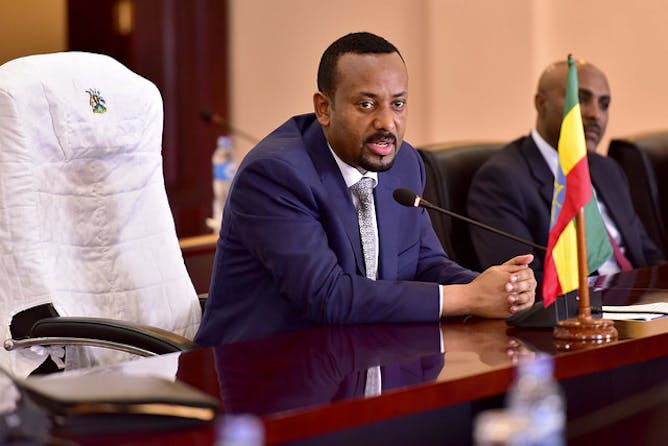
Ethiopian Prime Minister, Abiy Ahmed, has created a peace ministry to stabilise the East African nation.
Yoweri Museveni/Flickr
Yohannes Gedamu, Georgia Gwinnett College
Ethiopian Prime Minister, Abiy Ahmed, has created a peace ministry but that may not be enough to stabilize the East African state.
|
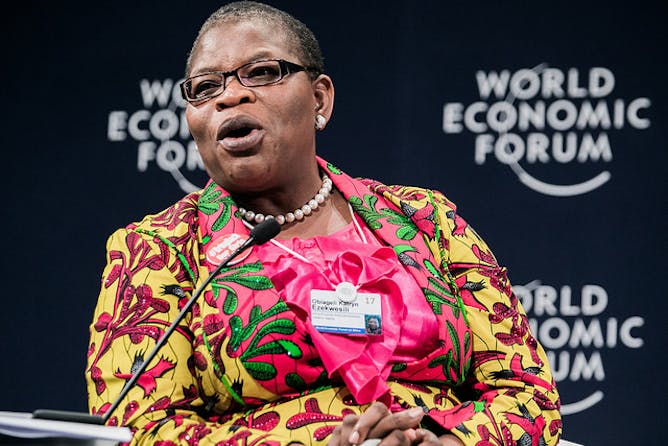
Obiageli Katryn Ezekwesili is a candidate in Nigeria’s upcoming 2019 elections.
Flickr
Sharkdam Wapmuk, Nigerian Institute of International Affairs
Can Obiageli Katryn Ezekwesili become the next Nigerian president?
|
Business + Economy
|
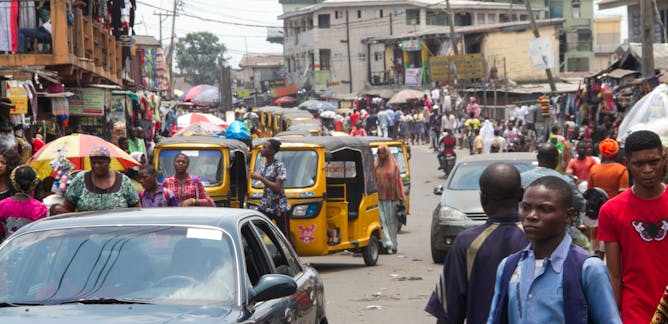
Zuhumnan Dapel, Scottish Institute for Research in Economics
A study of the mobility of poverty, or the movement of people in and out of poverty over time, provides a much more accurate picture.
| |
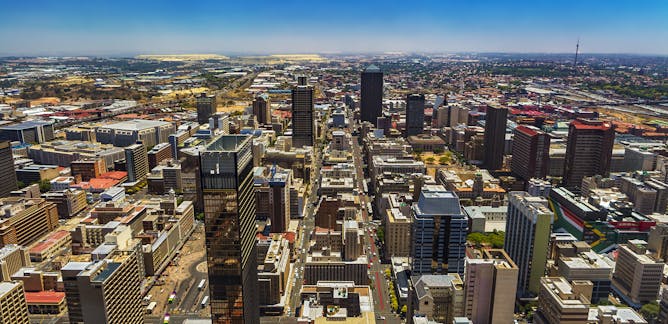
Sarah Colenbrander, University of Leeds; Ian Palmer
South Africa and Kenya have some valuable lessons for other African countries on how to finance urban infrastructure development.
|
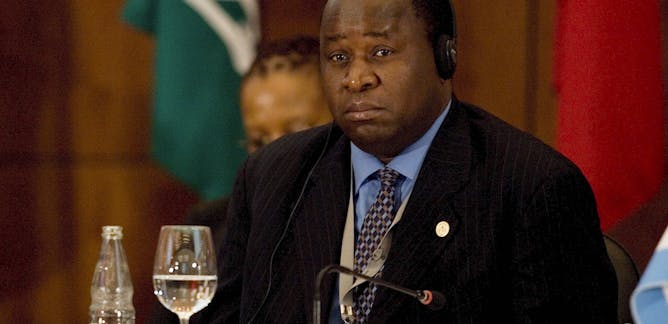
Seán Mfundza Muller, University of Johannesburg
The damage done during the preceding decade will have a negative effect on South Africa's public finances and the economy for some time to come.
| |

Robert Rotberg, Harvard University
Emmerson Mnangagwa’s administration is struggling to overcome the national economic destruction wreaked on Zimbabwe over two decades under Robert Mugabe.
|
|
|
Politics + Society
|

Daniel Hammett, University of Sheffield
Political and editorial cartoons are a key indicator of the democratic health of a country - but they can also be regressive.
| |
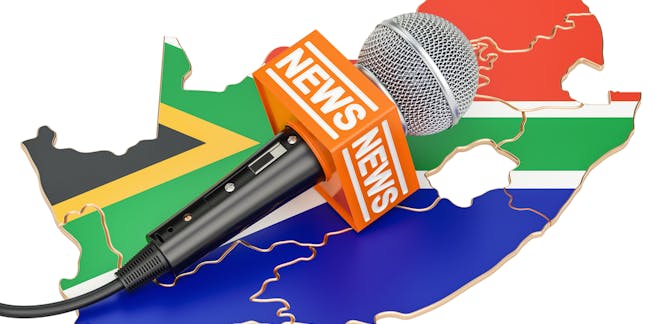
Anthea Garman, Rhodes University
South African editors and journalists failed in their ethical contract with society.
|
|
|
Health + Medicine
|

Glenda Gray, South African Medical Research Council
Introducing viral load testing at health facilities can help South Africa reach the United Nations target to end AIDS.
| |
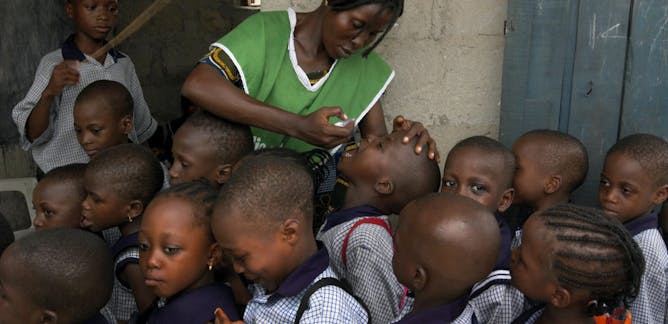
Melinda Suchard, National Institute for Communicable Diseases
The global target to eradicate polio is being missed because a number of countries are struggling to reach high vaccine coverage.
|
|
|